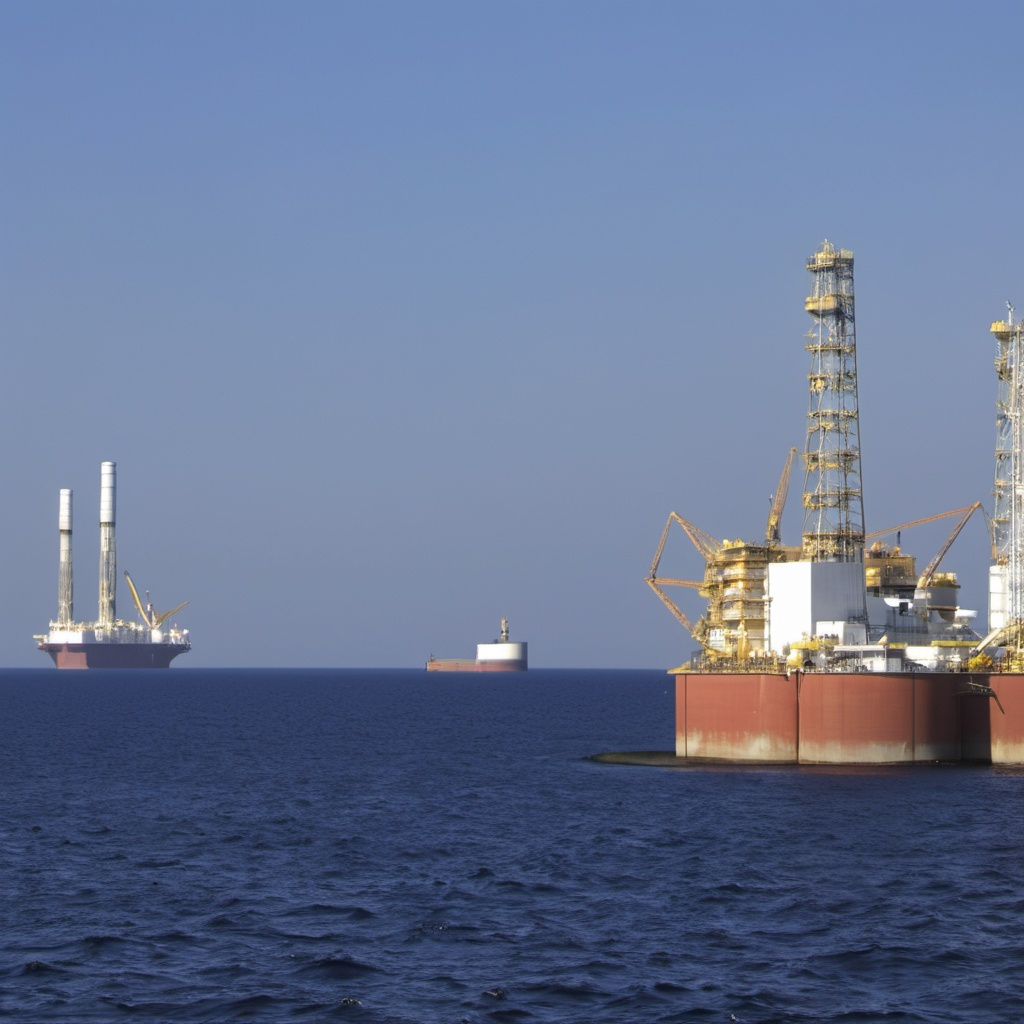Measurements and Applications of Radionuclides in the Marine Environment (day 1) 7 July 2025


The International Summer School of the University of Cádiz launch the advanced training program Measurements and Applications of Radionuclides in the Marine Environment, designed for students and researchers in physics, marine science, environmental science, geophysics, chemistry, and engineering. This course will provide participants with the essential knowledge and technical skills to analyze radionuclides in marine environments, offering both theoretical insights and hands-on laboratory training. This course will bring together an international network of faculty and students, fostering collaboration between experts in the field.
Date: 7-11/07/2025
Objectives:
- Gain a comprehensive understanding of radionuclides and their behavior in marine environments.
- Learn and apply low-level counting (LLC) techniques to detect, quantify, and analyze very low concentrations of radionuclides in environmental samples such as water and soil.
- Explore the practical applications of radionuclide measurements in marine research, including:
- Radiological monitoring of marine ecosystems.
- Dating techniques for sediment and environmental samples.
- Carbon flux studies and their implications for climate change research.
Coordinators: Manuel Jesús Gázquez González (INMAR-UCA) and Inmaculada Ramos Lerate (UCA).
Participanting entities: University of Sevilla, University of Huelva and Northern Arizona University.
More information: https://internacional.uca.es/measurements-and-applications-of-radionuclides-in-the-marine-environment/

